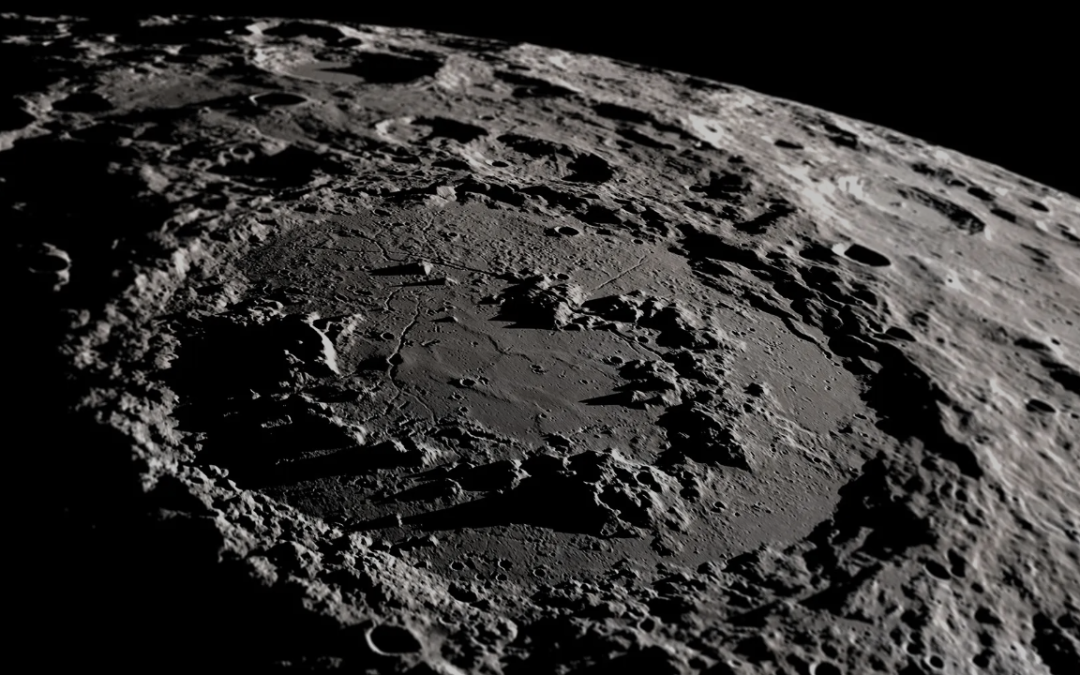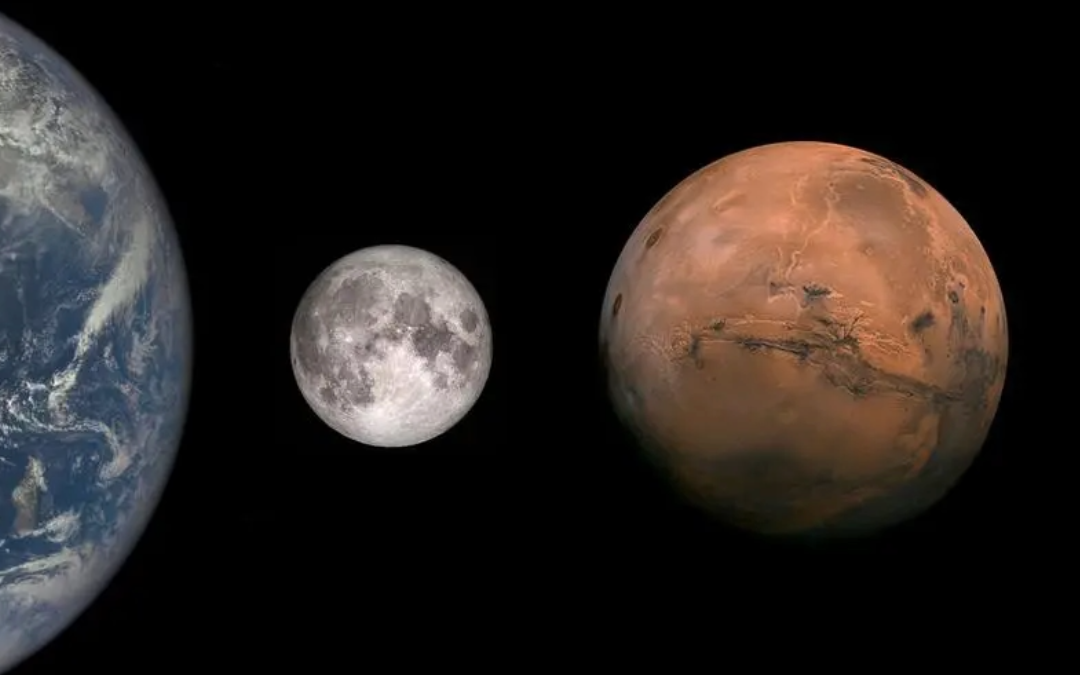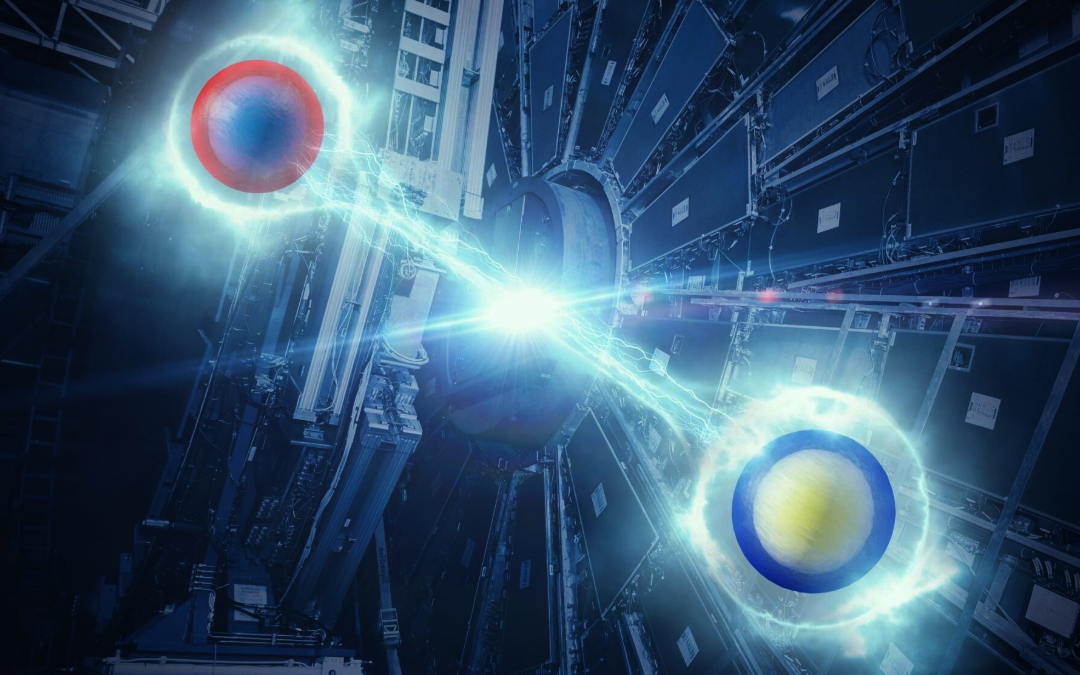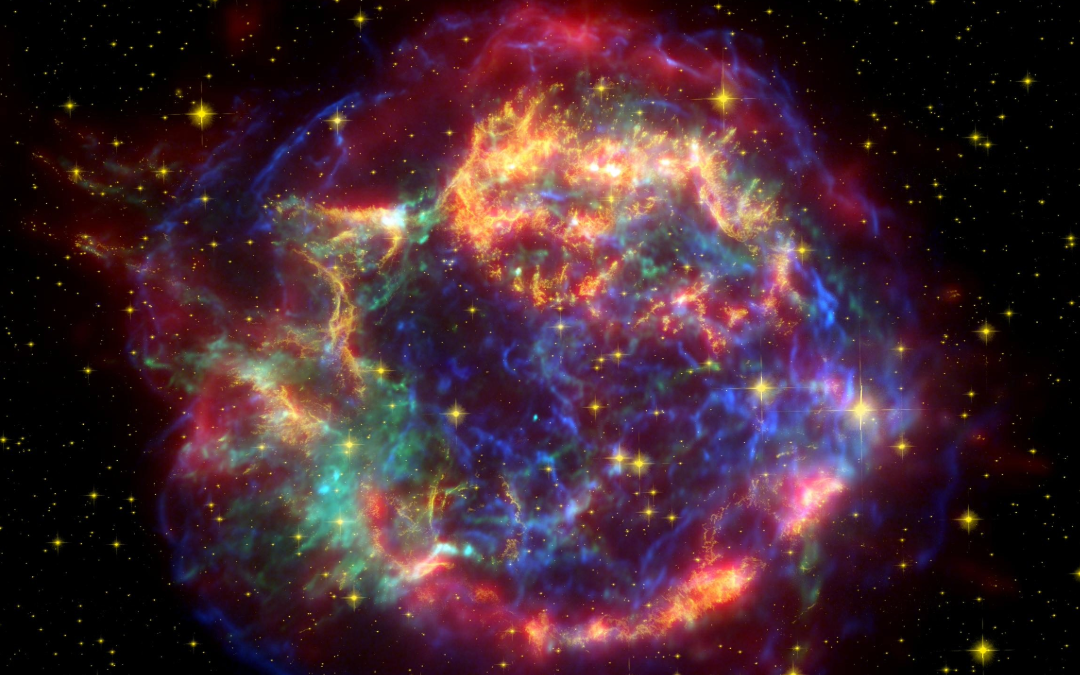It seems like everyone just wants to explore the Moon’s South Pole. What makes this region so special and what are the special challenges that explorers will face. Learn here!



Fraser Cain
Universe Today

Dr. Pamela Gay
CosmoQuest

It seems like everyone just wants to explore the Moon’s South Pole. What makes this region so special and what are the special challenges that explorers will face. Learn here!

We are on the verge of sending humans back to the Moon. At the same time others prefer we focus our exploration on Mars. It’s a tough choice.

Even empty space isn’t empty. It’s filled with quantum fluctuations of spacetime itself. Which can be measured with Casimir Effect experiment

If we can accurately detect neutrinos being emitted during supernova, we might be able to get on target before the light show even starts.
Recent Episodes
It’s almost time for our summer hiatus. A time to catch up on all that reading. We’ll give you some book recommendations, and what we’re hoping to read during the summer. https://www.youtube.com/live/LFCW2nCw2-w?feature=shared Show Notes The following books were...
Astronomers have discovered thousands of exoplanets, revealing entirely new types of worlds that we don’t have in the Solar System. It is enough to start getting a rough sense of what kinds of planets are out there. What’s the big picture? Show Notes Our World in Data...
Here’s a familiar question: how’s the weather? We’re familiar with the weather on Earth and telescopes and missions are watching the weather on other planets in the Solar System. But for the first time in history, astronomers can now answer that question for...
Most of the exoplanets we’ve found are around stars, where they belong. But a few have been found free-floating in interstellar space. The evidence is growing that there are a lot of them out there, maybe even more than planets with stars. How do they form and how can...
Our galaxy series continues with elliptical galaxies. Unlike other types, these are large, smooth with very few distinguishing features. They’re filled with red and dead stars, a clue to their evolution. Listen Show Notes This episode discusses Elliptical Galaxies,...
Our galaxy series continues, on to spiral galaxies. In fact, you’re living in one right now, but telescopes show us the various shapes and sizes these galaxies come in. Thanks to JWST, we’re learning how these spirals got big, early on in the Universe....
It’s time to begin a new mini-series, where we’ll look at different classes of galaxies. Today, we’ll start with the dwarf galaxies, which flock around larger galaxies like the Milky Way. Are they the building blocks for modern structures?...
How old is that star? That planet? That nebula? Figuring out the ages of astronomical objects is surprisingly challenging. Fortunately, astronomers have developed a series of techniques they can use to work out the ages of stuff. https://youtube.com/live/MWA3OUyQQIQ...
Last week, we learned about the death of Peter Higgs, a physicist and discoverer of the particle that bears his name. The Large Hadron Collider was built to find and describe the particle. Today, we’ll look back at the life of Peter Higgs and his particle....
The next great eclipse is upon us, with viewers across North America witnessing the moon passing in front of the Sun. It’s an amazing experience, but also an opportunity to do science. Let’s talk about what we can learn from this momentous event....
Several of the planets and moons in the Solar System are in orbital resonance, orbiting in a geometric lockstep. And not just the Solar System, astronomers have found the same resonances in other star systems. https://youtube.com/live/fEW-13DJlIY Transcript (This is...
Last week was one of the most exciting meetings we’ve seen from the Lunar and Planetary Science Conference, with hundreds of announcements and discoveries from various missions. One theme kept coming up, the Solar System is more volcanically active than we thought....
You’ve probably heard that the best kind of science is peer-reviewed research published in a prestigious journal. But peer review has problems of its own. We’ll talk about that today. https://youtube.com/live/JfeKfMQUrYw Show Notes Definition and Purpose of Peer...
NASA works on many missions using tried and true technology, but they also invest in creative ideas that could drive the future of space exploration. It’s called NASA’s Innovative Advanced Concepts or NIAC. https://youtube.com/live/Wx0ome_rtUU?feature=share Show Notes...
In the olden days, NASA developed its missions using a variety of in-house engineers and external suppliers. As more commercial companies are targeting the Moon, NASA is working with partners to deliver its payloads to the lunar surface....
Last week we learned that Russia might be planning nuclear weapons to take out satellites in space. What is the current and future possibility of weapons in space and what are the treaties designed to prevent them? https://youtube.com/live/jLdReWGjF5c?feature=share...
Last week we talked about sample return missions from the Moon and Mars, but scientists have retrieved samples from other objects in the Solar System, including comets and asteroids. What does it take to return a piece of rock from space, and what have we learned so...
We’ve sent robots to other worlds, but the amount of science we can deploy to another planet can’t compare with the vast science labs we have on Earth. That’s why more and more missions are for a sample return, bringing pieces of alien worlds back to Earth, were we...
We’re so familiar with NASA’s exploration efforts in space, but you might be surprised to learn that China launches almost as many rockets as the US. They’ve got their own space exploration program that could soon bring humans to the surface of the Moon. Let’s give a...
Wherever we find liquid water on Earth, we find life, so it makes sense to search for water across the Universe, and hopefully we can find evidence of life. But what about worlds which are completely covered in water, oceans hundreds of kilometers deep. Can there be...